The World Bank and the African Development Bank (AfDB) have joined forces with a mission: to light up Africa. They aim to ensure electricity access for 300 million Africans by 2030.
This initiative, announced during the World Bank’s Spring Meetings in Washington DC, marks a significant step towards tackling Africa’s energy crisis.
Join our WhatsApp ChannelAjay Banga, President of the World Bank, emphasized the need for collective action from governments, private sectors, and multilateral organizations to turn this vision into reality. “We need to be focused on that there is the target of 300 million, there is a date of 2030, and we don’t want to go past 2030,” he stated during the announcement.
Akinwunmi Adesina, President of the AfDB, echoed Banga’s sentiment, highlighting the urgency of the situation. “We’ve set a target for ourselves, and we have work to do,” Adesina remarked. He emphasized the importance of collaboration between governments and the private sector, as well as the necessity of creating a conducive regulatory environment.
Currently, approximately 600 million Africans lack access to electricity, an alarming statistic that both organizations are determined to change. The plan involves hosting the Africa Energy Summit, where stakeholders will discuss strategies for harnessing Africa’s energy potential, including wind, solar, hydro, and thermal energy sources.
READ ALSO: Why Nigeria’s Poor Growth Will Weaken West Africa’s Economy– World Bank
The World Bank will invest in providing electricity access to 250 million people, while the AfDB aims to reach 50 million, totaling 300 million. This ambitious endeavor comes with an estimated cost of $30 billion, to be funded by the World Bank’s International Development Association (IDA), the AfDB, governments across Africa, and the private sector.
Connecting 250 million Africans to electricity is projected to attract approximately $9 billion in renewable energy investments from the private sector. This demonstrates not only the moral imperative of providing electricity to those in need but also the economic opportunities that arise from such initiatives.
As Dr. Adesina emphasized, “We need governments, the private sector, and multilateral financial institutions to put in project development facilities, risk facilities, and the regulatory environment.” This comprehensive approach underscores the complexity of the challenge ahead but also the determination to overcome it.
With 83% of the world’s population lacking access to electricity residing in Africa, this collaboration between the World Bank and the AfDB holds immense significance. By halving this number by 2030, they are not only illuminating homes but also paving the way for brighter futures across the continent.
Emmanuel Ochayi is a journalist. He is a graduate of the University of Lagos, School of first choice and the nations pride. Emmanuel is keen on exploring writing angles in different areas, including Business, climate change, politics, Education, and others.

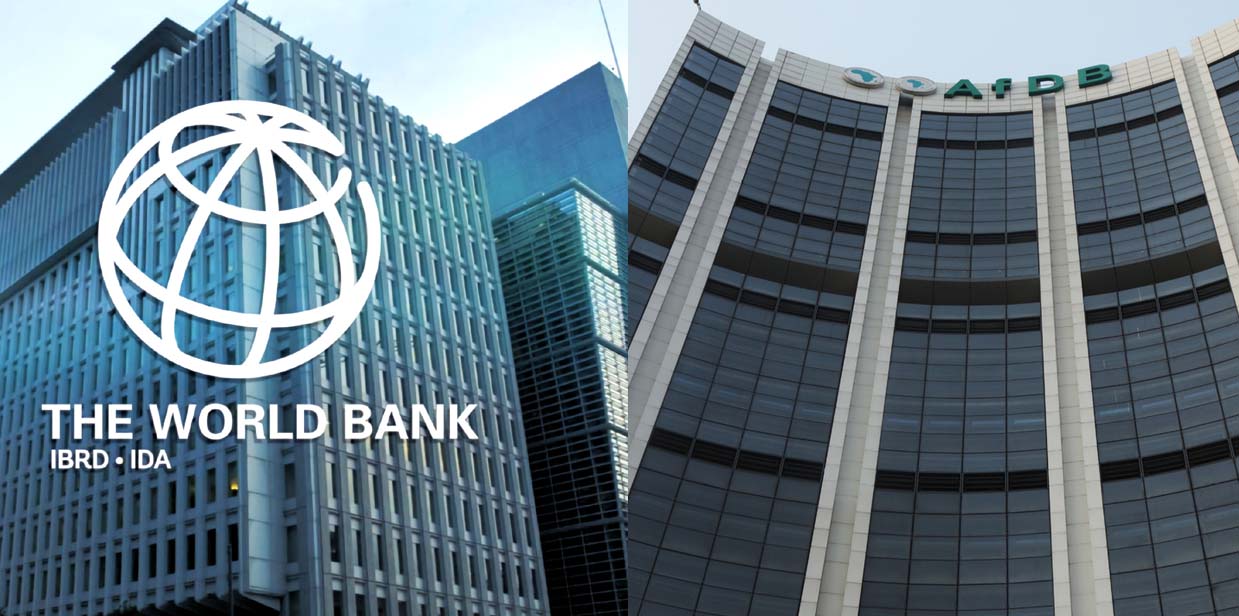

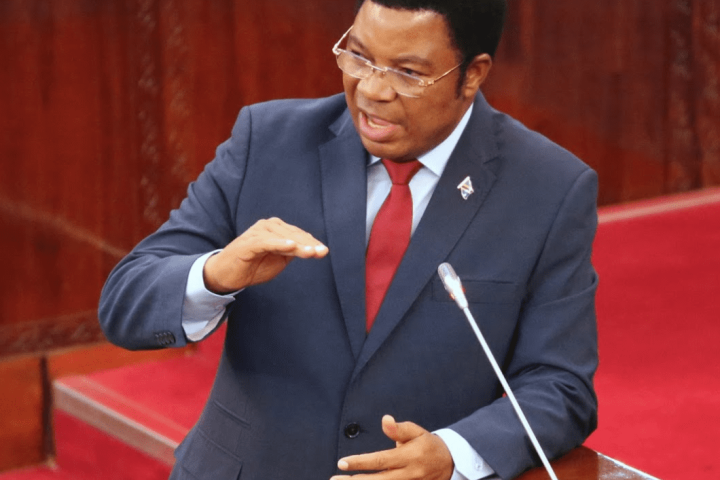
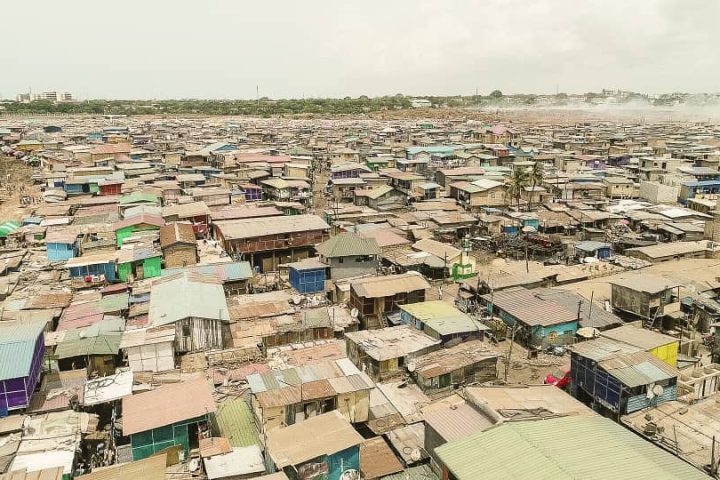
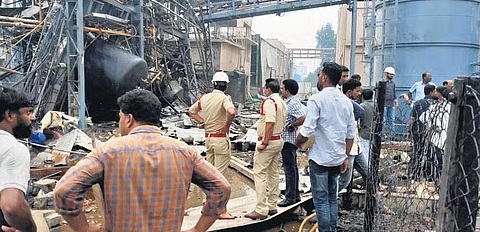








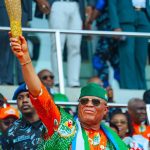
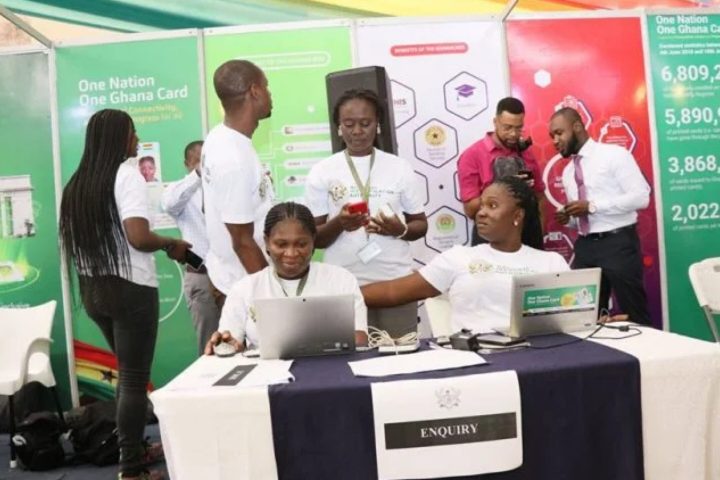
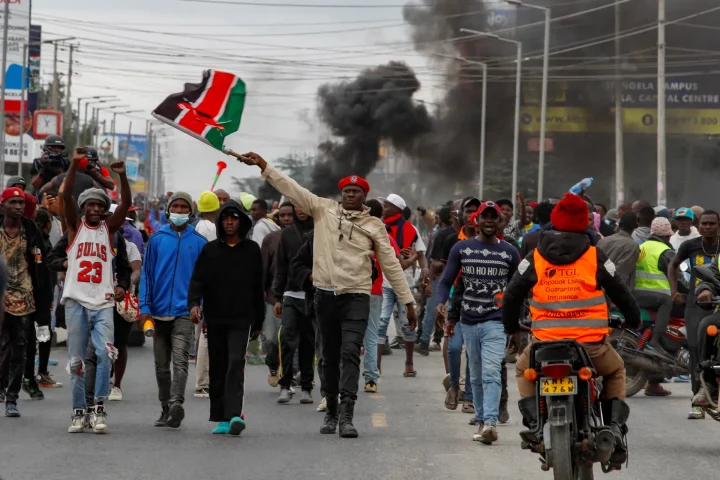
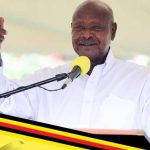
Follow Us